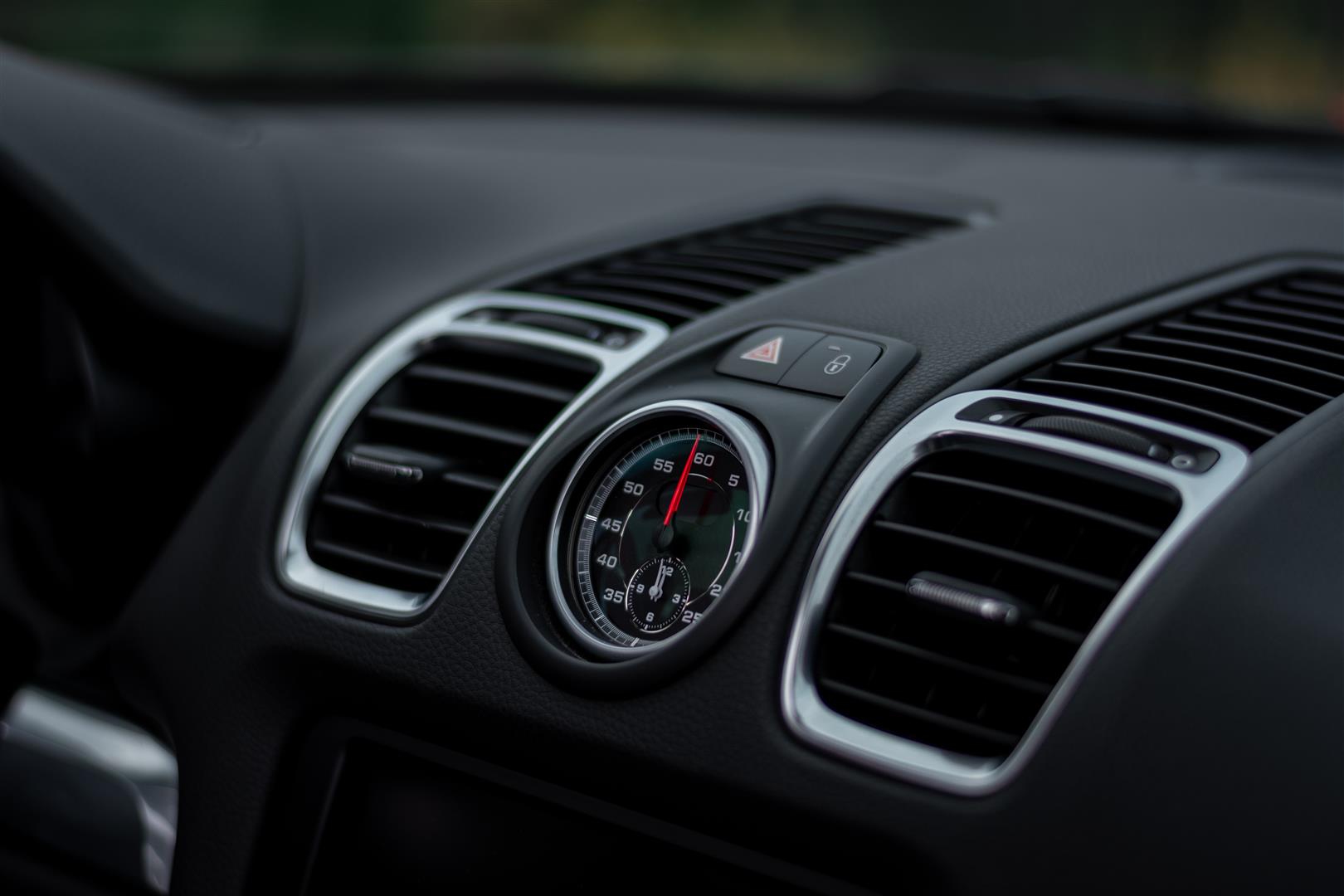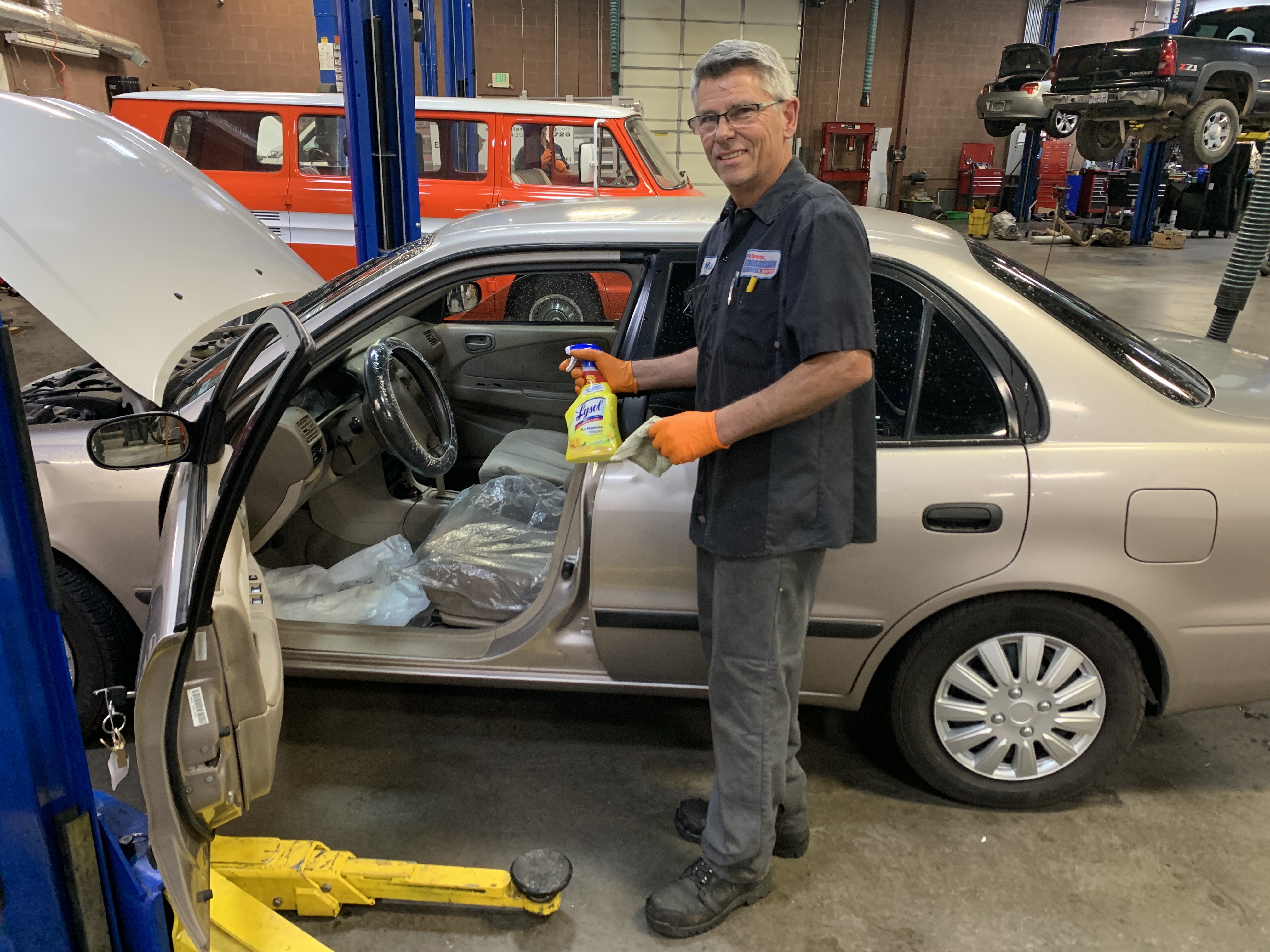Posted on 5/18/2023
Do Automatic Transmissions Have Clutches? Most people think of a clutch as the pedal in a manual transmission that you depress to disengage the engine from the transmission when you're shifting gears. But automatic transmissions don't have a clutch pedal. So do they have clutches at all? Yes, automatic transmissions do have clutches. But they're not the same kind of clutches that you're used to seeing in manual transmissions. In a manual transmission, the clutch is a mechanical device that physically disconnects the engine from the transmission. This allows you to shift gears without damaging the transmission. In an automatic transmission, there is no physical disconnect between the engine and the transmission. Instead, the automatic transmission uses a series of clutches and bands to engage and disengage the various gears. The clutches in an automatic transmission are made of friction material, such as organic or metallic materials. The friction m ... read more
Posted on 6/18/2020

In triple digit heat, it is no picnic when your vehicle decides that it no longer wants to make cold air. What on earth could be wrong? Lets take a quick dive into how your vehicle's air conditioning system works, then we will jump into some of the common issues that our customer have brought to us to be solved. In order for your air conditioning system to work properly, it must be full of refrigerant. Once full, the gas (refrigerant) needs to be compressed, and circulated through the system. The system works by creating an environment where the gas turns from high pressure to low pressure. It is at this point that the temperature of the gas drops dramatically, and allows your car to convert it to cool air. What are some of the common complaints that we deal with? My car is blowing air from the vents, but it is not cold Your A/C system may not have the right amount of refrigerant in it. Your A/C system may not be turning on. The vent ... read more
Posted on 3/18/2020

To our loyal and valued customers: At St. George Transmission & Automotive, customer and employee health is a top priority. As concerns surrounding the novel Coronavirus (COVID 19) grow, we want you to know that we are taking every precaution necessary to keep our team and customers safe. Through the guidance of the CDC (Center for Disease Control) and WHO (World Health Organization) our company is taking the following precautionary measures: Increased office cleaning and disinfection: We will be disinfecting common areas and commonly touched surfaces multiple times per day. All employees are instructed to wash hands often and judiciously, along with following proper hygiene habits. Employees entering customer’s vehicle will begin by placing protective covers on the drivers seat, steering wheel, and floor. Employees will also be wearing clean gloves. After repairs, all touched surfaces will be wiped down with ... read more
Posted on 2/4/2019

Motor oil may be the most important fluid in your vehicle. It's necessary for keeping the engine running smoothly, which in turn will keep your car running as it should. When it's time for an oil change, though, don't replace old oil with the wrong kind of motor oil for your car. Your owner's manual will let you know the oil your specific vehicle should use. What are some differences between conventional and synthetic motor oil?Less Residue, More Refinement: Synthetic oil is refined from its crude state, removing impurities that allow the engine to remain cleaner. Whereas conventional oil over time will accumulate dirt, sand or other debris to build up sludge deposits, refined synthetic oil molecules won't cling together creating sludge that dirties and slows down the engine. Improved Oil Performance in Extreme Temperatures: When the weather gets extremely hot or cold, conventional oil won't perform as well as sy ... read more
Posted on 1/28/2019

No one wants to see a warning light on their car's dashboard. Who has the time to take their car in for an auto repair appointment? But neglecting a service indicator could result in serious damage to the car itself and to its passengers. This is especially true when the brake service light turns on. This little light, depending on the vehicle's make, model and year, usually will glow orange or red with the word “Brake” or an exclamation mark. The brake service light is not to be mistaken for the ABS (Anti-lock Brake System) light, which should look similar, except that it replaces the exclamation mark with “ABS.” Why is your brake service light on, and what exactly does that indicate? Normally, the reason will be related to one of the three issues below. Check the Emergency Brake While the brake light may signal the need for a brake service repair or replacement, it also will turn on when the emergency brake is in use. This is just to remind y ... read more